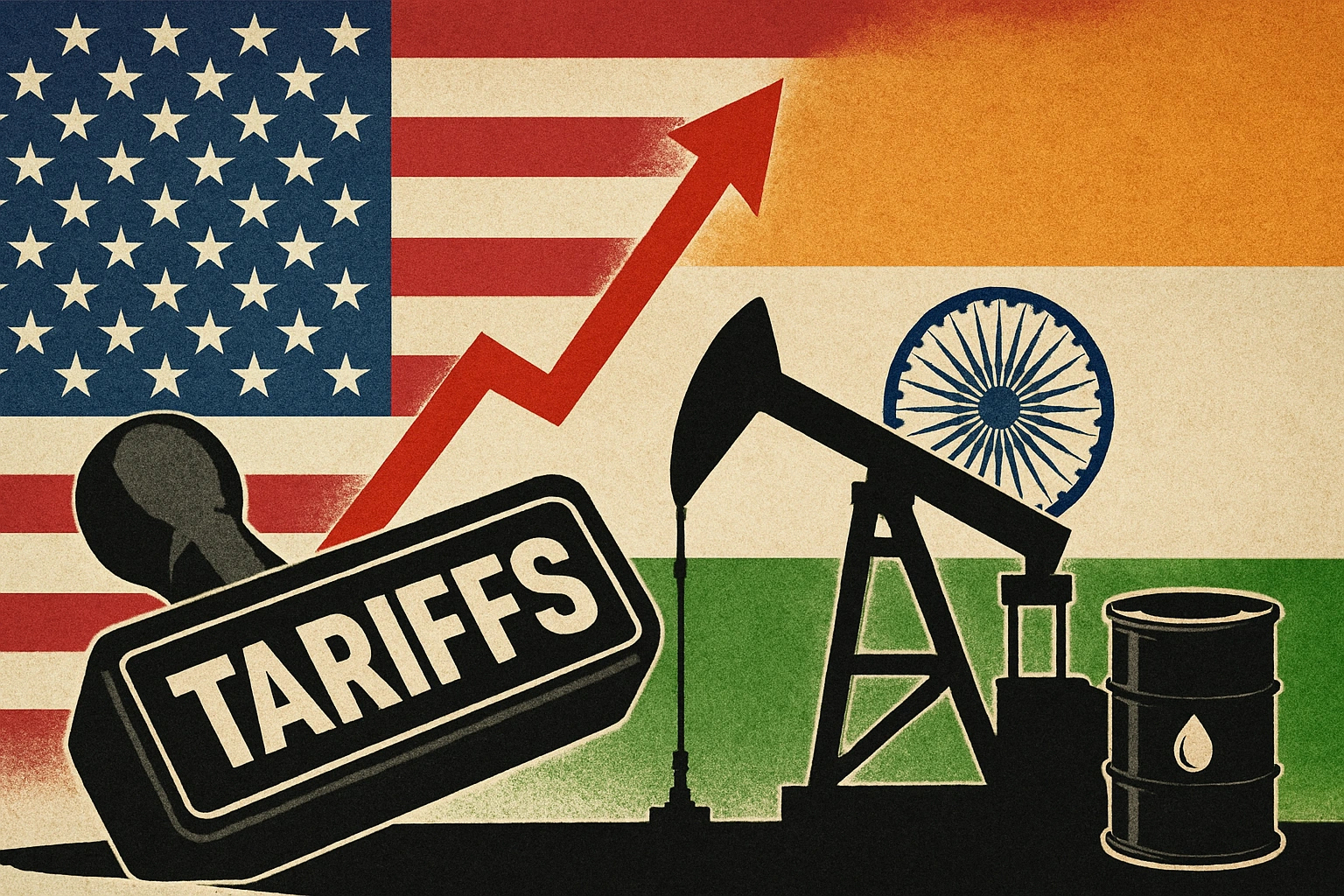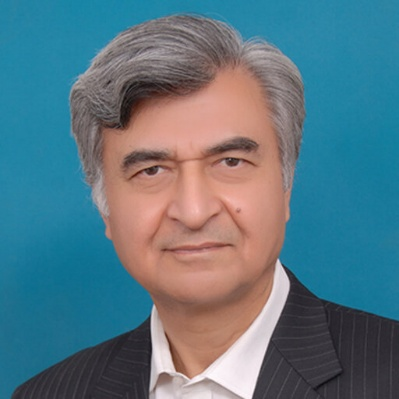US Tariffs on Indian Goods Double to 50pc Over Russian Oil Purchases

The US is increasing its tariff on Indian products by half, and this decision highly relates to its acquisition of Russian oil
Tariffs on Indian goods set at 50 percent by the United States are a case of significant changes in the dynamics of international trade. This move can be directly blamed on the fact that India still continues to purchase Russian oil. The measure has been a low-pressure effort by the United States to put pressure on a strategic partner with regard to its foreign policy decisions. The decision yields significant ramifications. It has an impact on the economic position, India diplomatic activities and its worldly perspective in general.
A Collision of Economics and Foreign Policy
The impacts of this on India economically are both short and long term. The new tariffs cover a wide range of Indian markets both in terms of its target and as to its impact that extends to exporting industries with an emphasis on labor intensive industries such as textiles, gems and jewelry, leather products, and automobile parts. Such sectors associate millions of people; therefore, the escalation of tariffs will indirectly put at risk the employment figures and the general economic growth in the nation. Policy research institute analyses show that a strong percentage of India’s exports to the United States potential imports may be hit, and, with estimates suggesting rather steep declines in export volumes of affected industries. This would put a significant strain on export-dependent economic model in India.
On the other hand, United States has provided exemption to some of its key sectors and especially pharma and electronic products.
It is a form of discriminatory policy: the U.S. aims to punish India because of its oil dealings with Russia but does not want to disrupt key chains to American consumers and businesses. However this act has the broader implication. It gives an Indian exporter an impetus to find other markets and diversify customers. As a result, economies like China and Vietnam have an upper hand of establishing a competitive presence in areas where domestic Indian products have to incur the higher rates of duty, and re-established the competitive balance in global trade.
The Economic Fallout for India
First, the financial impact on India seems to be enormously negative. According to Indian authorities, setting of the recently imposed tariffs will encroach about $48.2 billion of exports. Therefore, the action will have a tendency of making Indian products commercially unsustainable in the United States. As an example, the shippers located in Agra, one of the strongest centers of leather goods, stress about a significant negative change in their businesses.
The roughly United States on the other hand has exempted some of the key sectors, especially pharmaceuticals and electronics, on the extra tariffs. The policy action also indicates a strong American lean towards some trade-based sectors as compared to others. Indian policymakers are therefore under moral obligation to re-adjust their dogmas in order to redress the damage caused. This revaluation involves acquisition of other markets and supplying specific fiscal support to the diseased exporters.
However, the United States argues that by buying Russian oil still, India is indirectly subsidizing the war fighting potential of Russia. This fact puts India within a tricky situation: on one hand, the country considers the United States a primary strategic ally, whereas, on the other, it maintains a decades-long cooperation with Russia on the defense and geopolitical aspects.
Indian leadership has responded sharply in relation to its lack of willingness to yield to outside pressure.
The state assumes welfare of the agrarian sector and small businesses to become a priority. It also questions what it sees as a two-sided use of sanctions, that other major economies find ready Russian fossil-fuel imports unpunished by similar sanctions, including China and some European countries.
For more in depth coverage, expert analysis, and exclusive visuals, visit One Nation Voice . Join the conversation, explore our archives, and be part of a global community shaping tomorrow’s headlines.
Follow One Nation Voice on X, LinkedIn, Instagram and Facebook for insights on business, finance and tech from Pakistan and across the world.
Disclaimer:
The views and opinions expressed in this article are exclusively those of the author and do not reflect the official stance, policies, or perspectives of the Platform.








